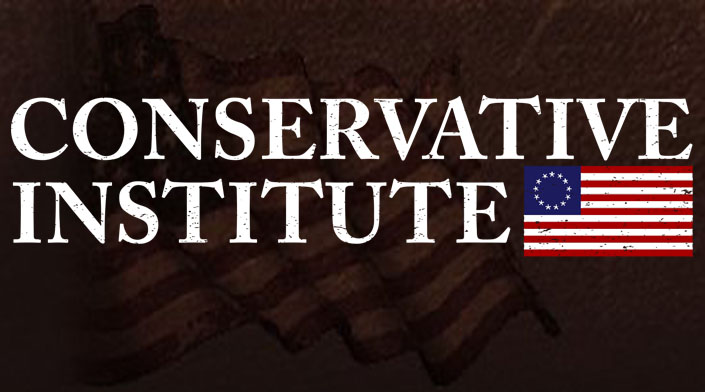Supreme Court questions Trump's tariff authority amid global scrutiny
The U.S. Supreme Court just dove headfirst into a battle over President Donald Trump’s power to slap tariffs on the world without Congress giving a nod. This isn’t just about trade; it’s about who really controls the purse strings in this country. And trust me, the implications are as hefty as a shipping container full of imported steel.
On Wednesday, the nation’s highest court tackled a challenge to Trump’s use of the 1977 International Emergency Economic Powers Act (IEEPA) to impose global tariffs, with even the conservative justices raising eyebrows at the administration’s claim that these are mere regulations, not taxes.
Let’s rewind a bit to last week, when the U.S. Senate narrowly voted to end the national emergency Trump declared to justify these tariffs. Four Republicans crossed the aisle with Democrats in a symbolic gesture, though the House won’t touch it until March. It’s a small jab, but it shows the cracks in party lines over this issue.
Tracing the tariff timeline
Back in August, the U.S. Court of Appeals for the Federal Circuit ruled 7-4 that Trump overstepped his authority, though they let the tariffs stand during the appeal. Their reasoning? Tariff power belongs to Congress, plain and simple.
Fast forward to Wednesday, and the Supreme Court hearing stretched from a planned 80 minutes to nearly three hours of intense debate. Even Chief Justice John Roberts seemed to squint at the administration’s logic, questioning how such sweeping authority could be justified.
Roberts didn’t mince words, stating, “The vehicle is imposition of taxes on Americans. That has always been the core power of Congress.” If that’s not a polite smackdown of executive overreach, I don’t know what is—especially when Congress has historically guarded its taxation turf like a hawk.
Justices grill both sides
The conservative justices weren’t alone in their skepticism; the whole bench seemed to poke holes in Trump’s legal team’s arguments. Solicitor General D. John Sauer insisted tariffs are for regulation, not revenue, but the room wasn’t buying it.
Phillip Magness from the Independent Institute noted, “It's always hard to predict from questions, but it was clear to me that several of the justices were not buying the arguments of Trump's attorney John Sauer – particularly his claim that tariffs are regulations and not taxes.” That’s a bitter pill for an administration banking on judicial deference in foreign policy matters.
Even Justice Amy Coney Barrett questioned why the IEEPA could block all imports but not allow the “lesser” step of tariffs. Justice Brett Kavanaugh tossed out the term “doughnut hole” to describe gaps in the legal reasoning. Oregon Solicitor General Ben Gutman countered that taxation power was Congress’ domain to protect taxpayers, not a pastry to be sliced up.
Businesses and states push back
Opposition isn’t just coming from the bench—twelve states, five small businesses, and two Illinois toymakers are challenging Trump’s use of the IEEPA. They argue the law never mentioned tariffs and wasn’t meant for this purpose. Alex Jacobsen, a business owner hit by the tariffs, criticized the lack of due process and public input in their rollout.
Trump, meanwhile, isn’t backing down, framing this case as a make-or-break moment for America’s financial and national security. He’s argued these tariffs aim to revive U.S. manufacturing, ease tax burdens on families, and chip away at national debt. It’s a noble goal, but economists and businesses warn consumer prices will spike—hardly a win for the average Joe.
A Congressional Budget Office report from August estimated these tariffs could rake in $4 trillion over a decade. But at what cost? Higher consumer prices and reduced household purchasing power don’t exactly scream “America First” when folks can’t afford their groceries.
Constitutional concerns loom large
Cato Legal Fellow Brent Skorup warned that the administration’s broad reading of IEEPA threatens the constitutional separation of powers. When the executive can tax at will, what’s left of checks and balances? It’s a question that should keep every liberty-loving American up at night.
The Supreme Court’s decision, expected by June’s end, could redefine presidential power over trade and taxes. If Trump’s team hopes for wiggle room in foreign policy, as Magness suggested, they’ve got a steep hill to climb given the justices’ doubts.
So, here we stand—watching a showdown between executive ambition and constitutional restraint. Tariffs may be taxes on imported goods, but their ripple effects hit every American wallet. Let’s hope the court remembers that Congress, not one man, was meant to hold that power—and keeps our system from tipping into unchecked overreach.

